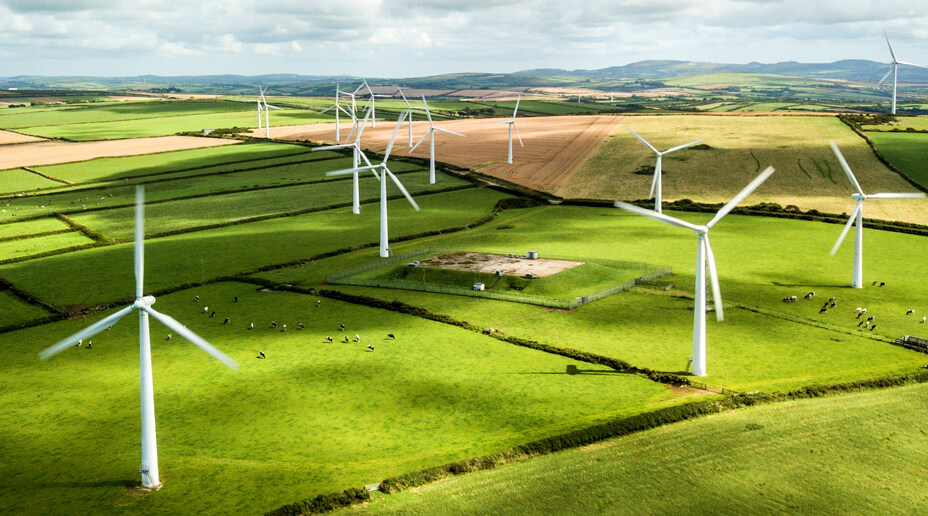Our business impacts and is impacted by a wide range of issues that are important to society and our planet. We know we must
address them to create confidence in tomorrow. As a founding member of the UN-convened Net-Zero Asset Owner Alliance, we’ve
committed to reduce the carbon emissions of our investment portfolios to net-zero, meaning they will be carbon neutral by 2050.
We are working with others to tackle climate change to three key ways:






